- »Spring« Stockholm, 2023
- »Plant Based« Berlin, 2021
- »Post Jacaranda« Mexico City, 2019
- »SARAH CROWNER/TUTSI BASKETS« Stockholm, 2016
- »Rehearsal« Stockholm, 2012
- Group Exhibition »OWL STRETCHING TIME« Berlin, 2010
- cv-pt-2023.pdf
- cv-scr-2023-web.pdf
- post-jacaranda.pdf
- crowner-2019-april.pdf
-
Julia Felsenthal: Sarah Crowner Crosses the Border and Collaborates With the Ghost of Frank Lloyd Wright at the Guggenheim, Vogue, Jan 30, 2017
-
Bartholomew Ryan: Medium as a medium, a conversation with Sarah Crowner, MASS MoCA, 2017
-
Elizabeth Karp-Evans: Sarah Crowner: Touch the Tile, Guernica, May 16, 2016
-
Lauren O'Neill-Butler: Sarah Crowner, Artforum, June 9, 2011
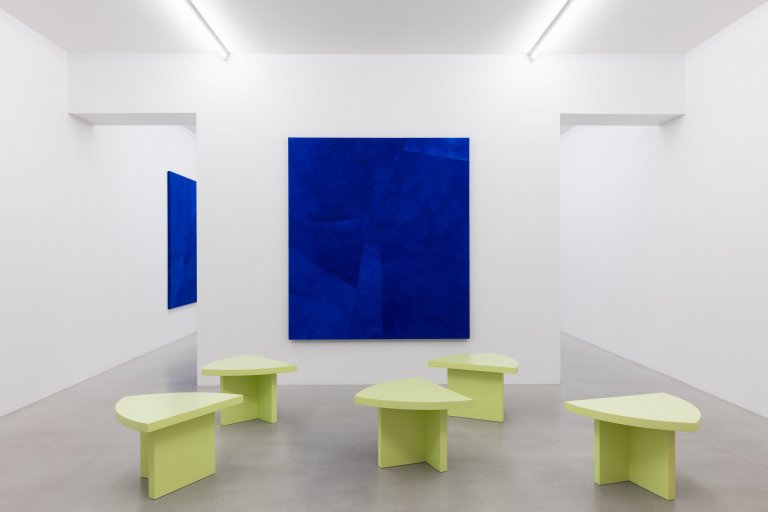
Table (Sliced Leaf), 2016, Lacquered plywood, 45 x 71 x 61 cm each, Edition of 5
Sarah Crowner »SARAH CROWNER/TUTSI BASKETS«
Stockholm, September 29, 2016 - November 04, 2016
This exhibition has emerged out of conversations with Sarah Crowner that started two years ago when I first showed her the Tutsi basketry from Rwanda and Burundi that my father, Clive Loveless, and his colleague, Andres Moraga, have championed for the last 25 years. In these discussions, we realized the complexity of presenting objects made by anonymous artists together with an established contemporary artist; presenting traditional artefacts in combination with work made by a formally trained artist.
Crowner’s forays into the ambiguous cross-over of form and function, her practice of re-articulation of artist and craft-people’s work from other periods and geographic contexts, and not least her interest in hard-edged abstraction, project a strong affinity to these intricately woven, geometrically patterned baskets.
In a process of reconstructing and reassembling, Crowner has mined modern art history and other artist’s experiments in painting, sculpture, craft, textiles and performance. She has explored modes of display with her ceramic tile platforms, theatre backdrops and scenography, and blurred the lines between applied arts and fine art. Here Crowner presents a new suite of sliced and sewn canvases in different hues of blue and has designed a viewing bench and group of seats distributed within the space.
In an adjoining room a constellation of Tutsi baskets are displayed on individual shelves against a painted wall in a presentation conceived by Crowner. The small-scale coiled and woven baskets are adorned with reverberating zigzag and triangular patterns and constitute a variety of sculptural volumes and forms evoking the traditional architecture from the region.
In the African Great Lake region, basketry was an elemental and all-purpose technology – portable, lightweight and adaptable. Among the Tutsi and Hutu peoples of Rwanda and Burundi, it became a prestige art that was emblematic of status and social connection. Made by noble women, these refined objects are concentrated expressions of artistry and skill. Intended for display and presentation, they were used to stow personal finery and valuables, but served primarily as gifts or tribute for high-ranking chiefs and ceremonial exchanges between families. Ben Loveless, Galerie Nordenhake
On Saturday 1st October, 11.00, Vanessa Drake Moraga will give a talk on the background, history and role of Tutsi basketry.
A Woven Universe: The Prestige Basketry Tradition of Rwanda and Burundi. An introduction to the cultural, aesthetic and historic landscape of the Tutsi and Hutu peoples.
Sarah Crowner was born in Philadelphia in 1974 and lives and works in Brooklyn, New York. She received her BA from the University of California, Santa Cruz and her MFA from Hunter College, New York. Crowner’s current solo exhibition, Beetle in the Leaves, at MASS MoCA, North Adams, MA runs through to January 2017 and will be accompanied by a major new monograph. Her work has been included in group exhibitions at the Jewish Museum, New York (2015); Museum of Fine Arts, Boston (2014); Walker Art Center, Minneapolis (2013); WIELS, Contemporary Art Centre, Brussels, Belgium (2013); ICA, Philadelphia (2013); Zacheta National Museum of Art, Warsaw, Poland (2013); Museum of Modern Art, New York (2013); and the 2010 Whitney Biennial, Whitney Museum of American Art, New York. Her work is held in the collections of Guggenheim Museum, New York, Museum of Modern Art, New York and the Walker Art Canter, Minneapolis. Her first exhibition at Galerie Nordenhake was in 2012.
Vanessa Drake Moraga is an independent textile scholar and writer, who curated the landmark exhibition Weaving Abstraction: Kuba Textiles and the Woven Arts of Central Africa (The Textile Museum, Washington DC 2011). She is based in the San Francisco area.
Clive Loveless is a renowned ethnographic and folk art dealer, working by appointment only from his apartment in west London.
Andres Moraga is an internationally known dealer in textiles and ethnographic art located in the San Francisco area.
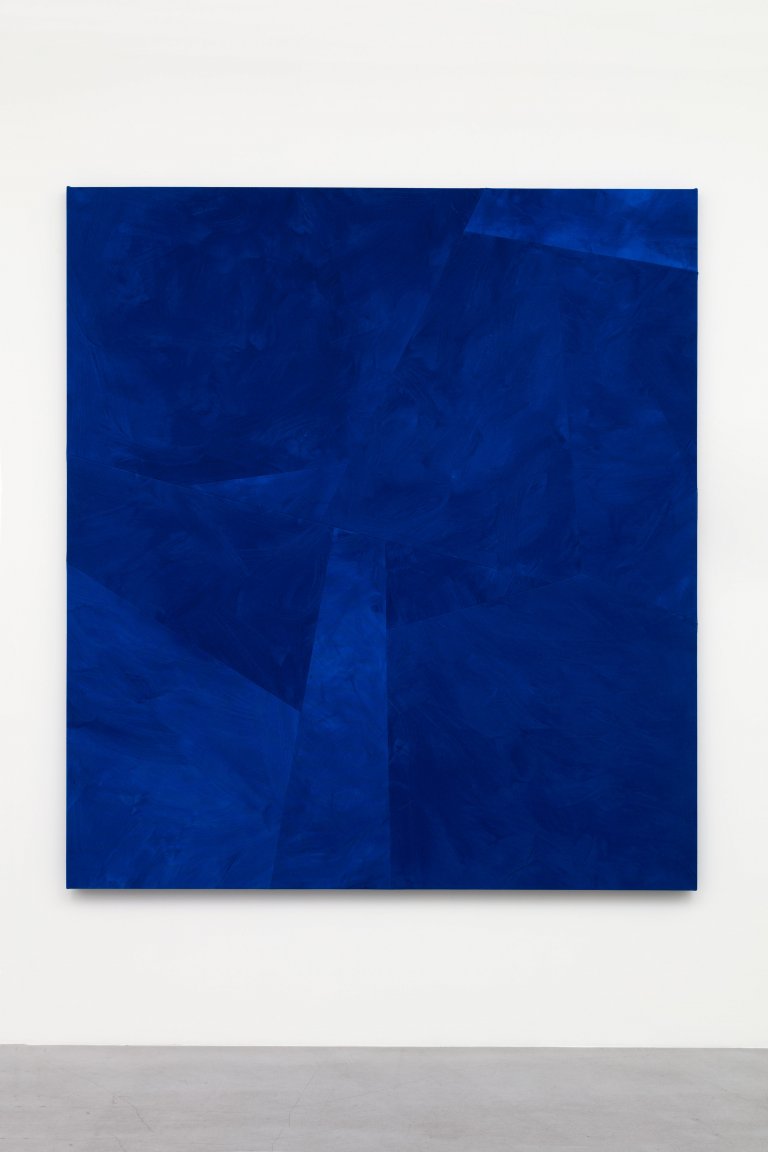
Untitled, 2016, Acrylic on canvas, sewn, 198 x 178 cm

Untitled, 2016, detail
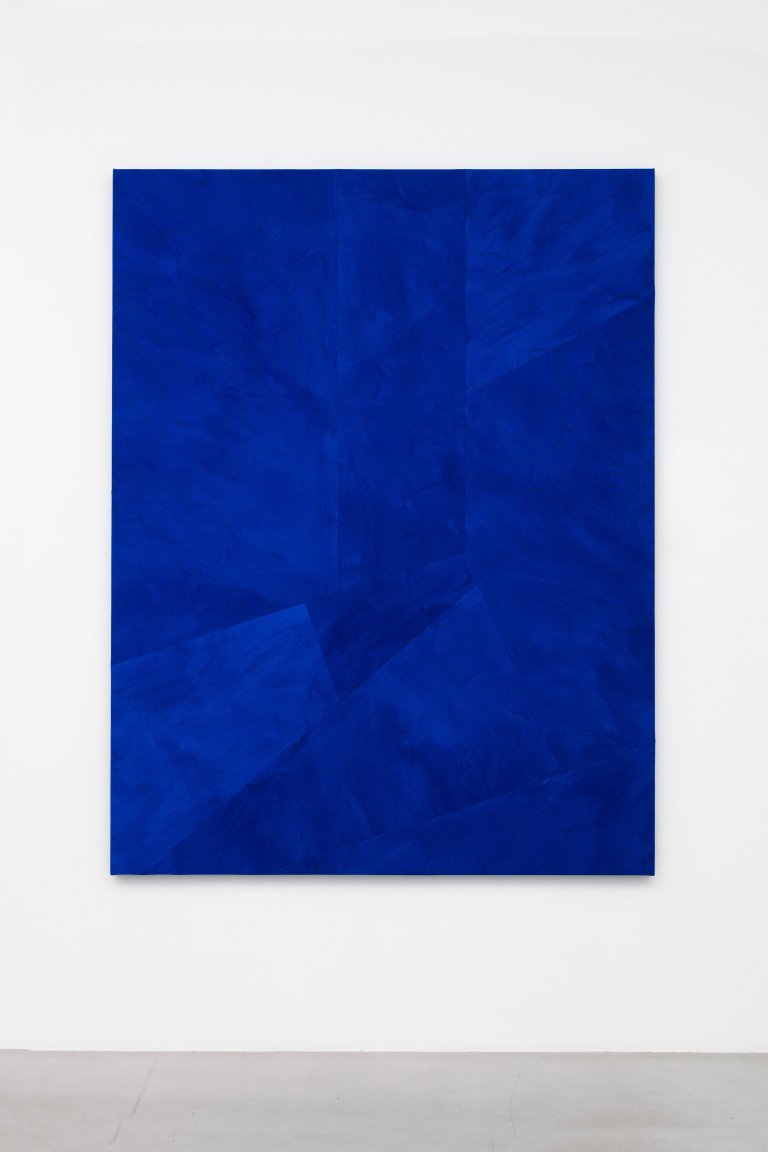
Untitled, 2016, Acrylic on canvas, sewn, 198 x 152.5 cm

Untitled, 2016, detail
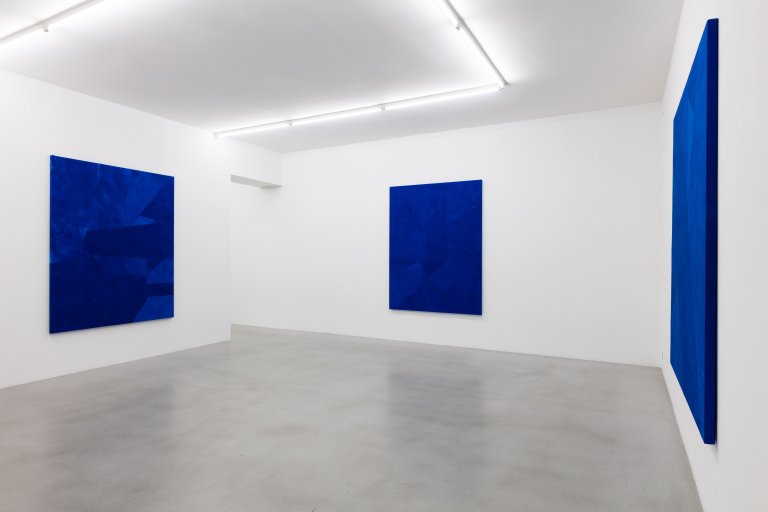
Installation view
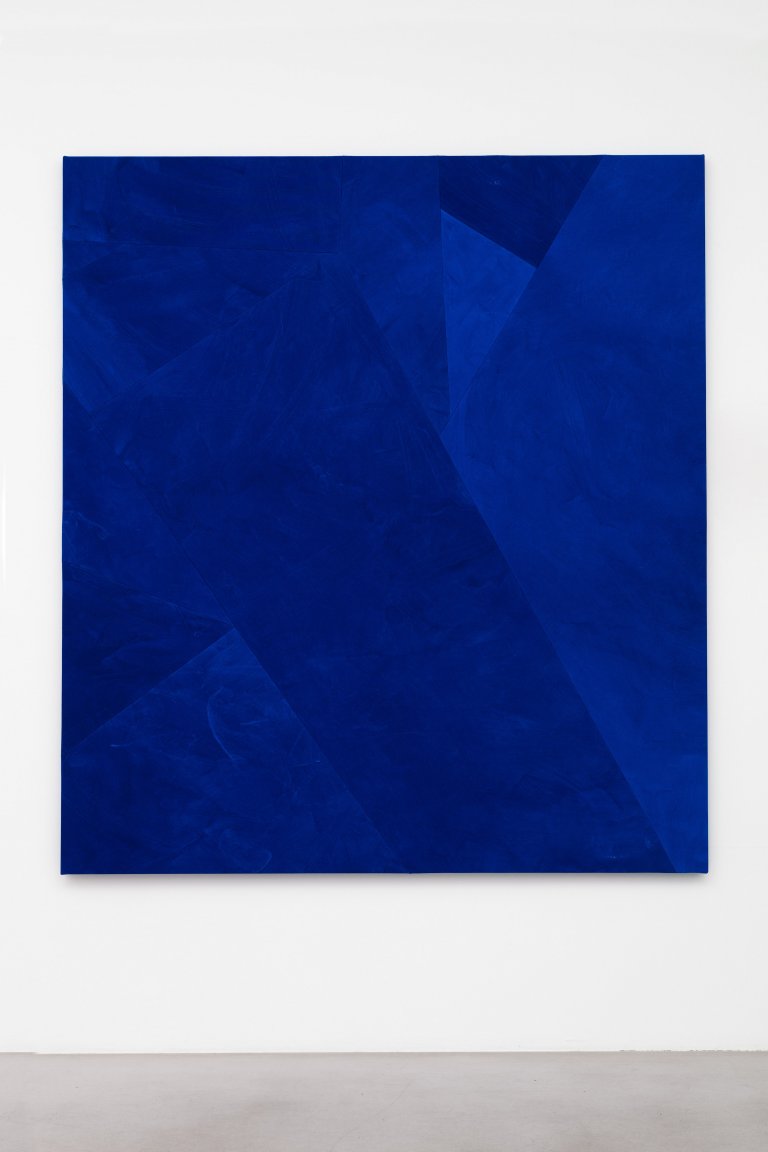
Untitled, 2016, Acrylic on canvas, sewn, 198 x 178 cm

Untitled, 2016, detail
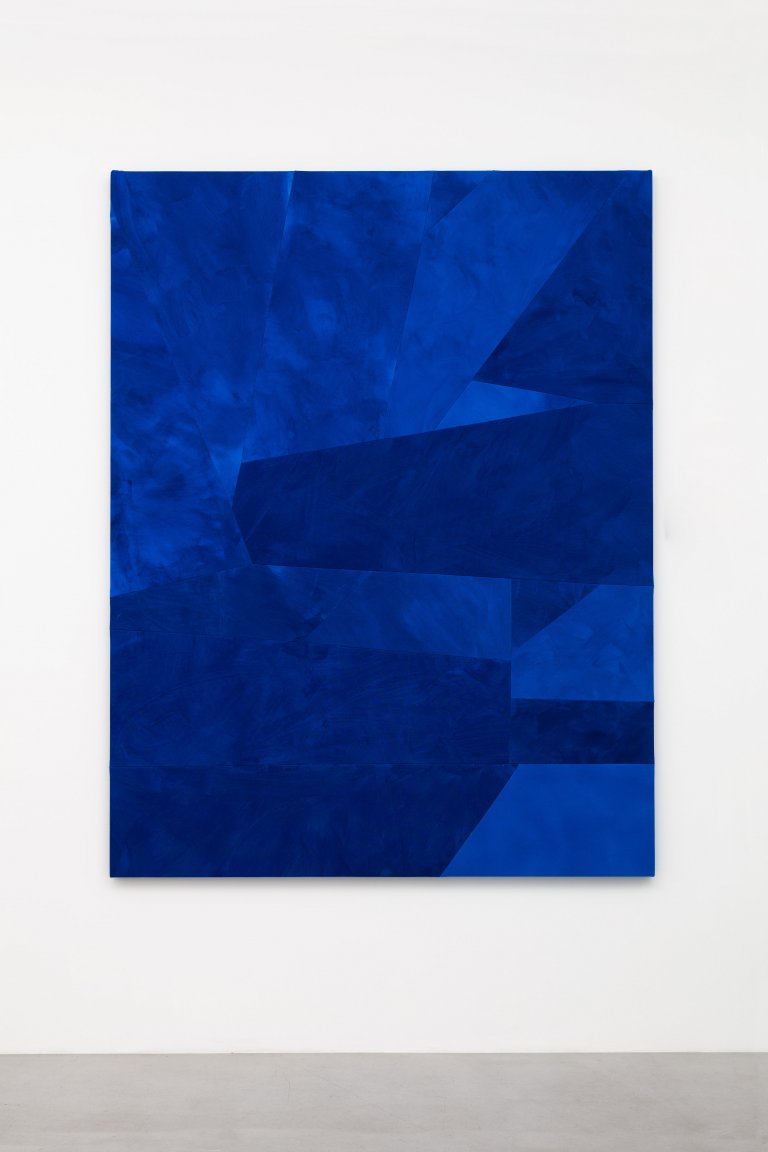
Untitled, 2016, Acrylic on canvas, sewn, 198 x 152.5 cm

Untitled, 2016, detail
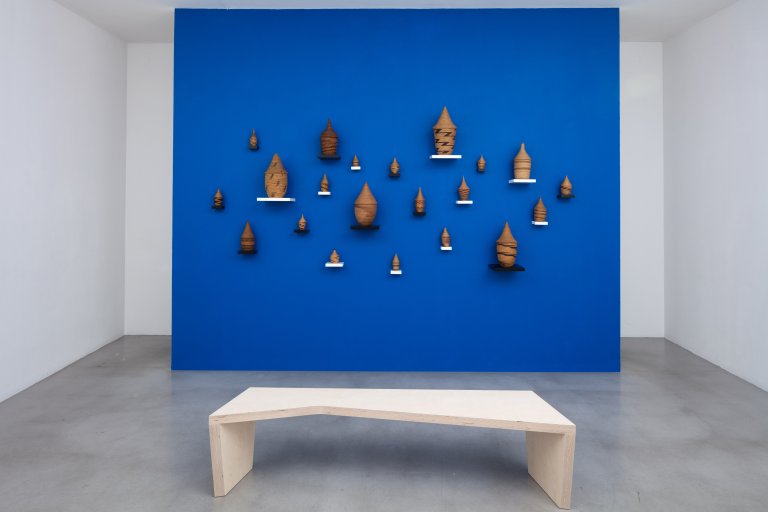
Installation view
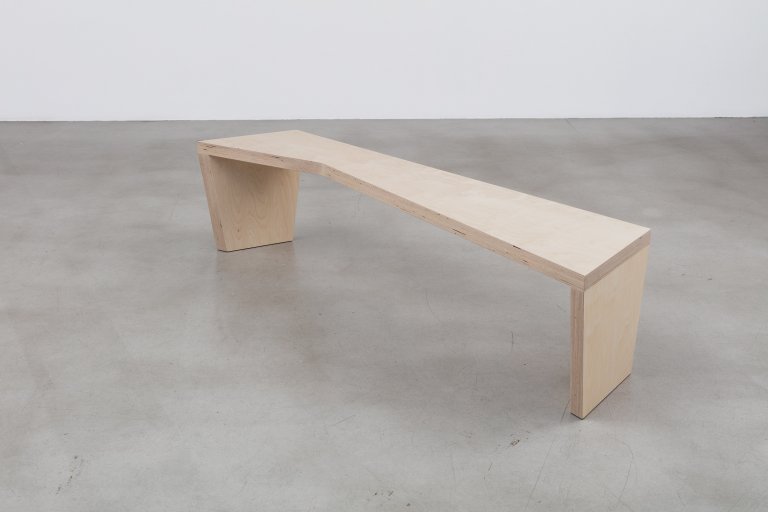
Bench (Open Angle), 2016, Lacquered plywood, 45 x 165 x 46 cm, Edition of 3
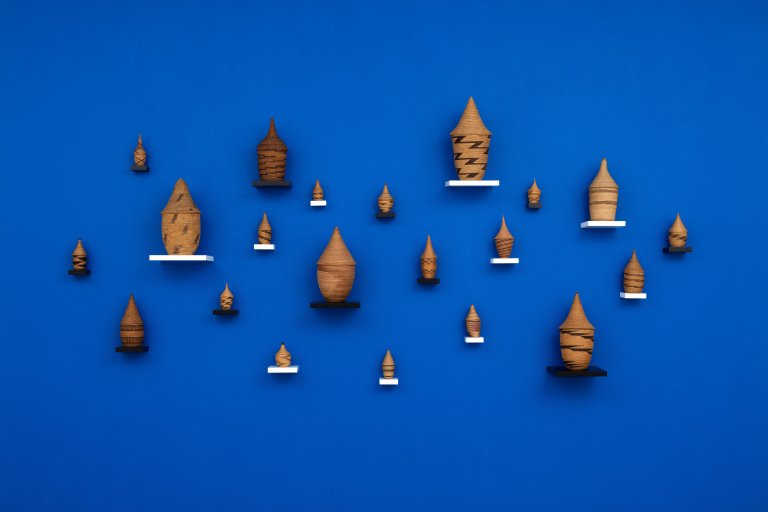
Igiseke (Prestige lidded baskets)
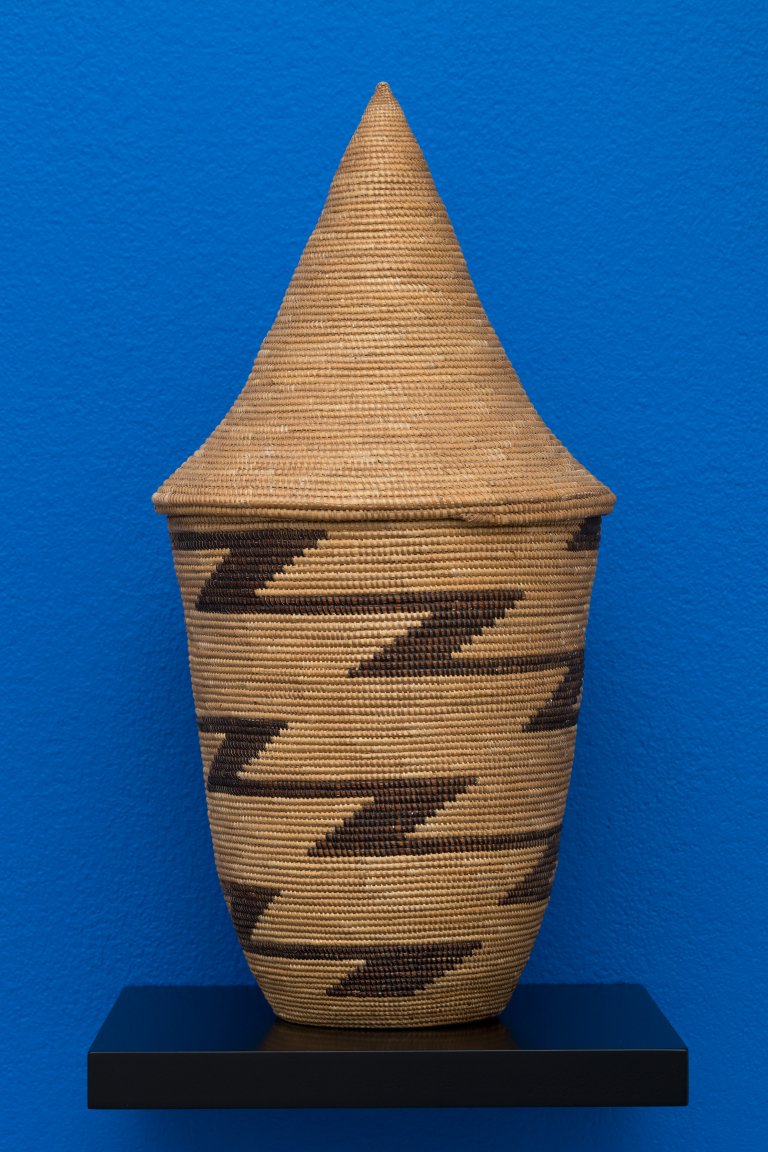
Igiseke (Prestige lidded baskets), Early 20th century, Coiled and woven fiber, Tutsi people, Rwanda or Burundi, h 43.5 cm, ø 21.4 cm